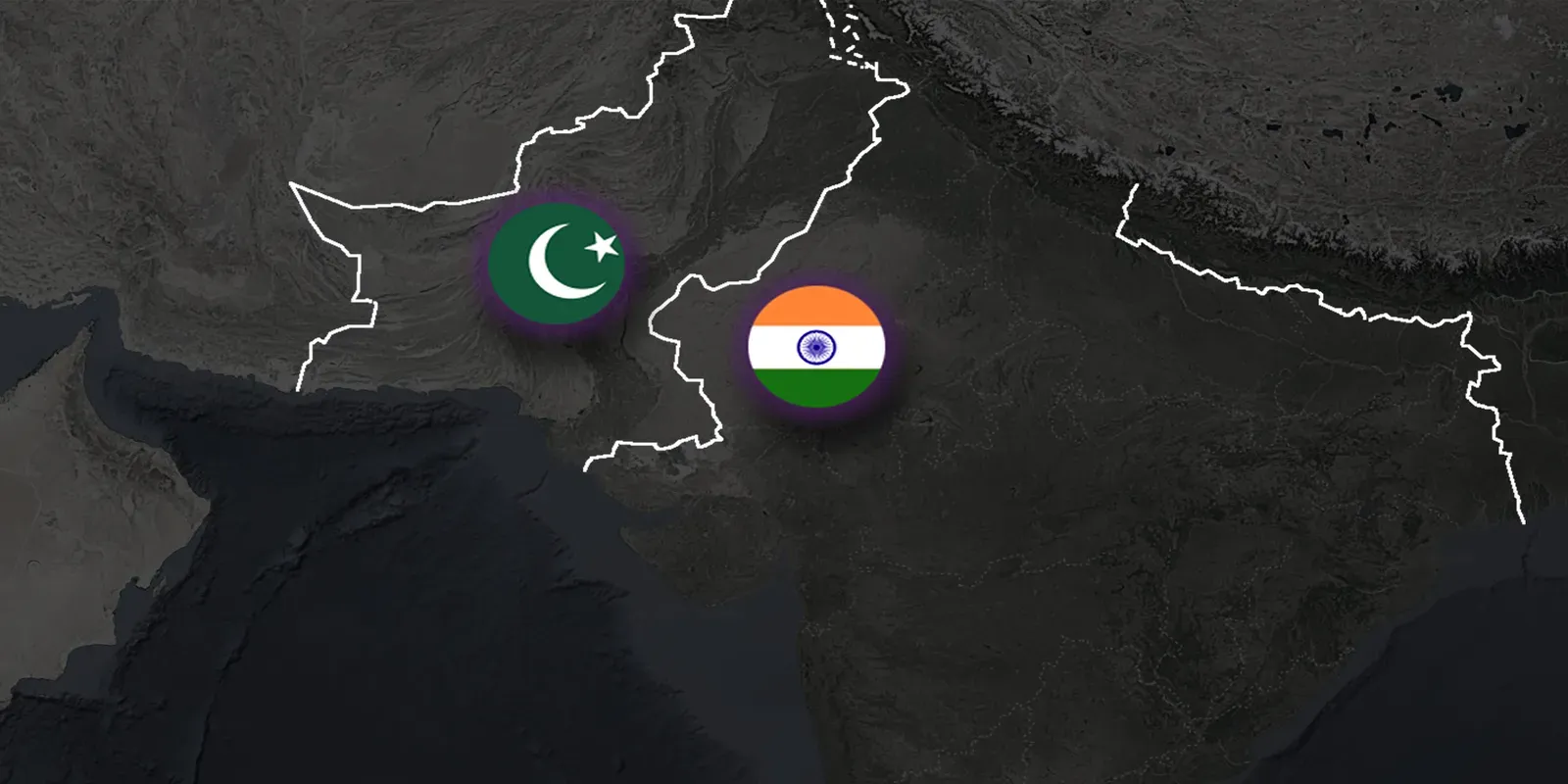New Delhi — On Friday evening, U.S. President Donald Trump announced an unexpected ceasefire between India and Pakistan, two nuclear states that found themselves on the brink of full-scale conflict over the disputed Kashmir region. According to Trump, the agreement reached after tense negotiations mediated by the United States was the result of “a long night of diplomatic efforts.” This step steers the region away from the edge of the abyss but leaves open the question of whether the fragile truce can be maintained in conditions of deep mutual distrust.
The recent weeks have been marked by a sharp escalation between New Delhi and Islamabad, fueled by the April 22 attack in Indian-administered Kashmir, which claimed the lives of 26 people, mostly tourists. India responded with a military operation, “Sindhur,” launching airstrikes within Pakistani territory, which Islamabad called a “blatant violation of sovereignty.” Pakistan, in turn, threatened retaliatory strikes, and India’s suspension of the 1960 “Indus Waters Treaty,” which regulates vital water resources, raised the stakes to an unprecedented level.
An attack as the spark of war
The conflict erupted after an attack by the “Front Resistance,” a terrorist group seeking Kashmir’s separation from India. The attack in Pulwama, where 25 Indians and one Nepalese citizen were killed, sparked outrage in India. Prime Minister Narendra Modi, supported even by the opposition, authorized airstrikes, which New Delhi claims destroyed “terrorist infrastructure.” Pakistan acknowledged only three strikes, reporting the deaths of 26 civilians, including children, and accused India of “cowardly aggression.”
Pakistan’s Foreign Minister Makhdoom Shah Mahmood Qureshi dismissed India’s accusations of supporting terrorists as “baseless.” “If there is evidence, share it with the world,” he said, hinting at possible Indian operations “under a false flag.” In response, Islamabad convened the National Security Committee, and Prime Minister Shehbaz Sharif promised a “decisive response.”
Water as a weapon
A particularly alarming development was India’s decision to suspend the action of the “Indus Waters Treaty,” a treaty that provides Pakistan with water for 90% of its agricultural sector, which accounts for one-fifth of the country’s GDP. This treaty, which remained intact even during the wars of 1947, 1965, and 1971, became a symbol of fragile cooperation between foes. Its violation, according to Pakistani farmer Khalid Hussain Baat, is “tantamount to declaring war.” Experts warn that irregular water flows could trigger a humanitarian crisis in Pakistan, where climate change has already reduced water levels by 20–25%.
The world on the brink
The international community watched the escalation between the two nuclear states with concern, as their arsenals could cause a global catastrophe. The United Nations called for restraint, emphasizing that “the world cannot afford a war between India and Pakistan.” Pakistan approached the UN Security Council, asserting its right to self-defense under the UN Charter.
Despite Trump’s restrained rhetoric, calling India's airstrikes “a shame,” the U.S. played a key role in the negotiations. Secretary of State Marco Rubio emphasized that Washington actively interacts with both sides. Iran, which has close ties with Pakistan, offered mediation, and Foreign Minister Hussein Amir-Abdollahian has already visited Islamabad and plans to hold talks in New Delhi. China, an ally of Pakistan and a competitor of India, expressed “deep concern,” urging the neighbors to engage in dialogue.
Kashmir: an eternal rift
Kashmir has remained the epicenter of Indo-Pakistani confrontation since 1947, when the partition of British India left the region a disputed territory. Previous wars and nuclear tests by India (1974) and Pakistan (1998) only heightened tensions. Today’s crisis, heated by terrorist attacks and mutual accusations, threatens to escalate into the most dangerous conflict since the Cold War.
While diplomatic channels between New Delhi and Islamabad are paralyzed, hope rests on external mediators. However, as history shows, ceasefires in Kashmir are rarely lasting. In New Delhi, Modi, buoyed by popular support, may see the “Sindhur” operation as a political victory. In Islamabad, Sharif faces pressure from the army, which demands a tough response.
The world has held its breath, waiting to see if diplomacy can preserve the fragile peace. Otherwise, Kashmir could become not only a battleground for regional war but also a catalyst for a global catastrophe.



